Salesforce reveals Einstein GPT for CRM, announces broader OpenAI partnership
ChatGPT is also coming to Slack, as Salesforce doubles down on generative AI across its CRM
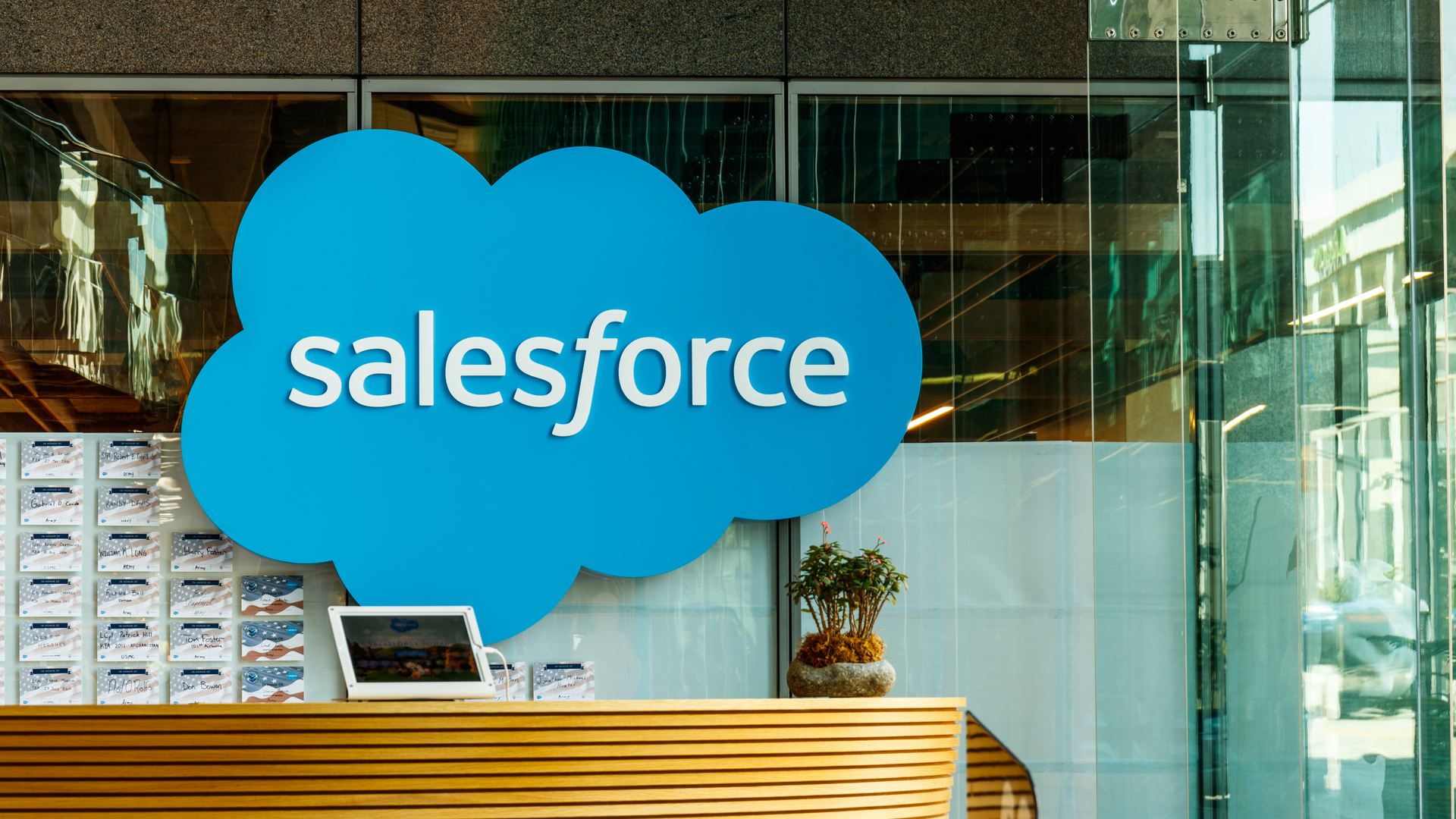

Salesforce has announced the launch of Einstein GPT, a generative AI for CRM that will augment and help automate customer functions.
The tool aims to improve productivity across Salesforce customers' systems, using public and private AI models to automate processes across sales, service, marketing, and development from within Salesforce CRM.
Einstein GPT adapts to changing customer information and company processes in real time, and can be used to automatically generate personalised emails, marketing campaigns targeted at specific customers, and developer code. It is also capable of generating images for use on marketing material and other customer-facing content.
The announcement was made on Tuesday and followed by demonstrations at the firm’s TrailblazerDX 2023 conference in San Francisco.
The launch comes as Salesforce debuted its broader partnership with OpenAI which also saw the company launch the ChatGPT app for Salesforce-owned Slack.
This can be used to summarise channels or threads, research topics from within Slack, or draft messages within the app. OpenAI has been using the system in its internal Slack channels for several months, and believes that the time is right for it to enter beta.
In one demo of Einstein GPT, the AI generated a reply to a customer query related to a jacket and automatically displayed it to the customer in a small dedicated section of the Salesforce user interface, beside the main chat window.
Get the ITPro daily newsletter
Sign up today and you will receive a free copy of our Future Focus 2025 report - the leading guidance on AI, cybersecurity and other IT challenges as per 700+ senior executives
The employee could then send the AI-generated message to the customer with one click, or use it as a reference around which to craft their answer.
Einstein GPT was then able to respond to follow-up questions, and draw information from the internet on other products, for example, and predicted weather for the area the customer was visiting to generate a recommendation for an additional product.
At the end of an interaction that used Einstein GPT, users are given the choice for the AI to summarise the entire customer interaction which can later be converted into a knowledge article.
Interactions continue to train the model, to ensure that it becomes more adept at handling the individual needs of customers over time.
RELATED RESOURCE

The three keys to successful AI and ML outcomes
Democratised, operationalised, and responsible
On a technical level, Einstein GPT is a combination of Salesforce’s proprietary AI and other large language models. Salesforce intends to open up to a wide ecosystem of AI partners, and today’s announcement revealed OpenAI as the first of these.
GPT 3.5 will be available off the shelf in the Einstein GPT ecosystem, but Salesforce did not outline the precise extent to which OpenAI’s model is used throughout some of the promised processes.
Customers can also choose to connect Einstein GPT to external models of their own, which Salesforce stated improves customer choice.
Einstein GPT is capable of changing its tone on request, and can rephrase prompts to a similar degree as other popular chatbots such as ChatGPT, Bing Chat, or Bard.
Developers can use natural language prompts to generate code with Einstein GPT, and it can also be trained on a company’s internal codebase in order to more accurately assist developers in their work. Jayesh Govindarajan, SVP of engineering, einstein and bots told IT Pro that as Einstein GPT is connected to Salesforce Data Cloud, which enables firms to create isolated environments and mark data as private, source code is protected.
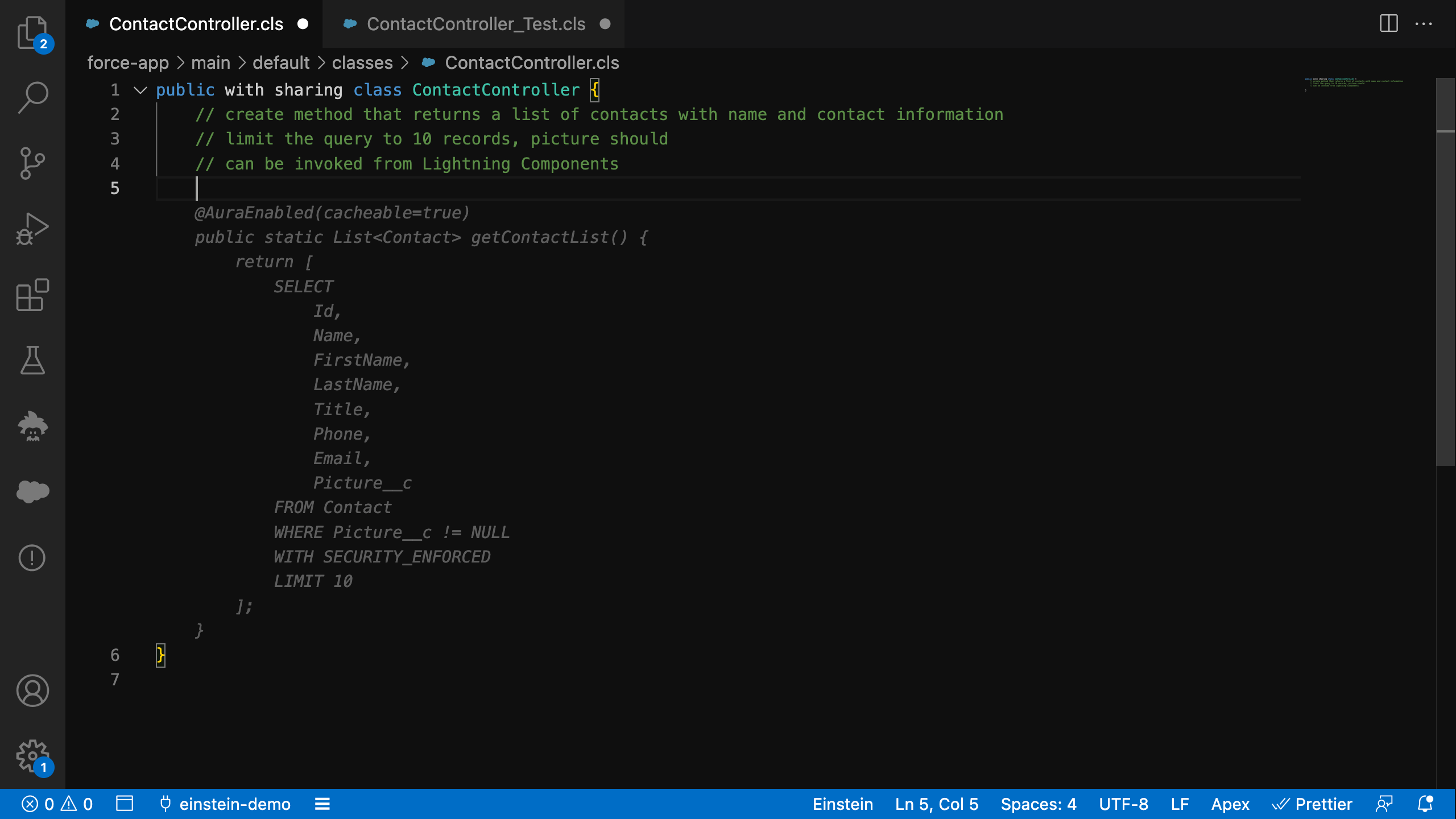
Throughout the demos, Salesforce stressed the importance of keeping a human-in-the-loop with generative AI, to improve trust in its output and help train models to be more helpful.
“The world is experiencing one of the most profound technological shifts with the rise of real-time technologies and generative AI. This comes at a pivotal moment as every company is focused on connecting with their customers in more intelligent, automated and personalised ways,” said Marc Benioff, CEO at Salesforce.
“Einstein GPT, in combination with our data cloud and integrated in all of our clouds as well as Tableau, MuleSoft and Slack, is another way we are opening the door to the AI future for all our customers, and we’ll be integrating with OpenAI at launch.”
Through the firm’s global investment arm Salesforce Ventures, the firm has created a $250 million fund earmarked for AI startups. Its stated goal is to improve the generative AI landscape, and funding will initially be given to four companies: Antrhopic, Cohere.ai, Hearth.AI, and You.com.
Salesforce has been focused on the implementation of AI in its CRM since the introduction of Einstein in 2016, and in 2018 predicted that workers would increasingly come to rely on AI tools. Today, Einstein delivers more than 200 billion daily predictions via Customer 360.

Rory Bathgate is Features and Multimedia Editor at ITPro, overseeing all in-depth content and case studies. He can also be found co-hosting the ITPro Podcast with Jane McCallion, swapping a keyboard for a microphone to discuss the latest learnings with thought leaders from across the tech sector.
In his free time, Rory enjoys photography, video editing, and good science fiction. After graduating from the University of Kent with a BA in English and American Literature, Rory undertook an MA in Eighteenth-Century Studies at King’s College London. He joined ITPro in 2022 as a graduate, following four years in student journalism. You can contact Rory at rory.bathgate@futurenet.com or on LinkedIn.
-
 Bigger salaries, more burnout: Is the CISO role in crisis?
Bigger salaries, more burnout: Is the CISO role in crisis?In-depth CISOs are more stressed than ever before – but why is this and what can be done?
By Kate O'Flaherty Published
-
 Cheap cyber crime kits can be bought on the dark web for less than $25
Cheap cyber crime kits can be bought on the dark web for less than $25News Research from NordVPN shows phishing kits are now widely available on the dark web and via messaging apps like Telegram, and are often selling for less than $25.
By Emma Woollacott Published
-
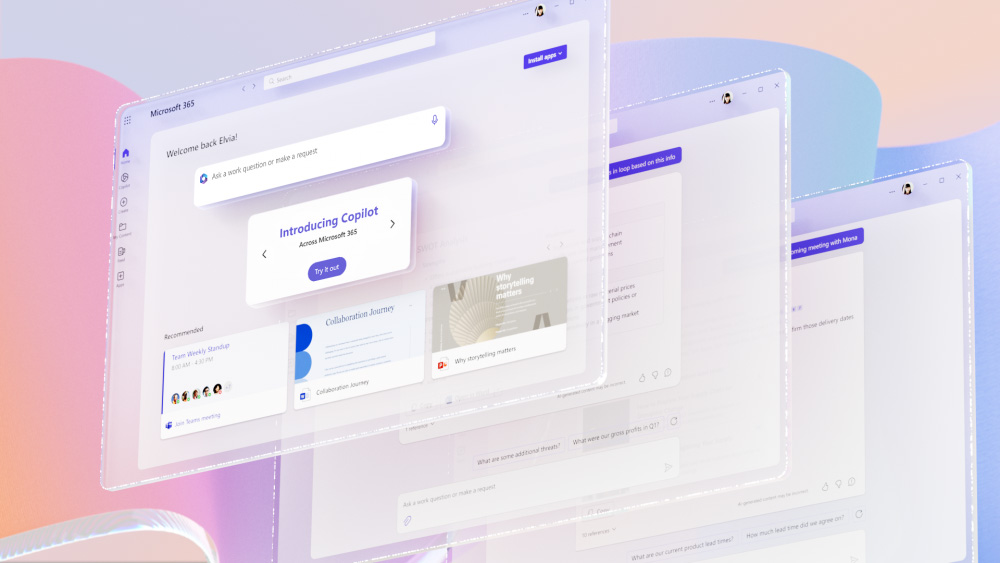 Microsoft 365 Copilot aims to transform meeting prep and productivity
Microsoft 365 Copilot aims to transform meeting prep and productivityNews Context is king for Microsoft's new productivity AI, which can draw together data from across Microsoft 365 to eliminate prep time
By Rory Bathgate Published
-
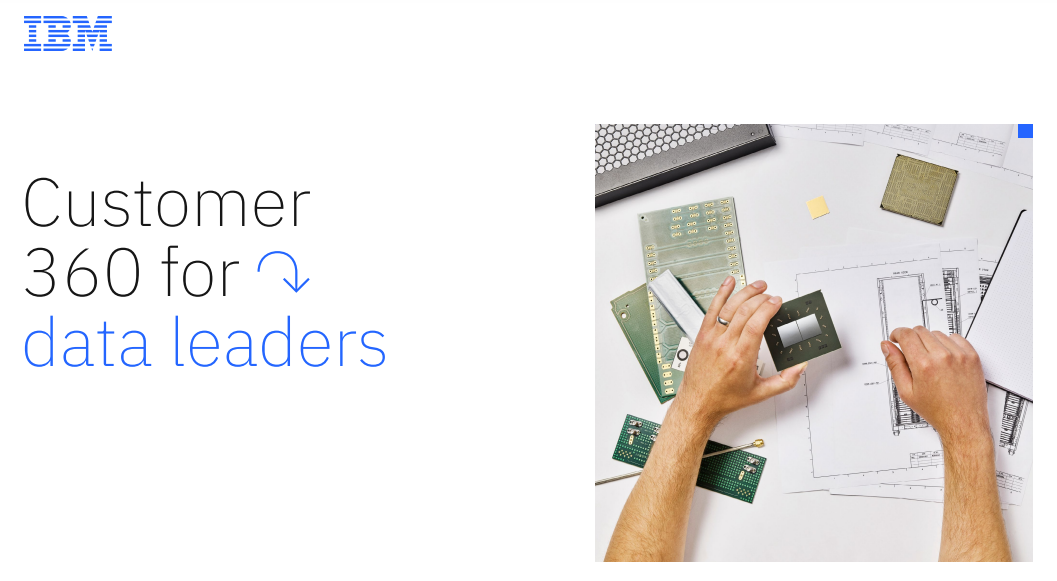 Customer 360 for data leaders
Customer 360 for data leadersWhitepaper Create your ideal 360° customer view solution
By ITPro Published
-
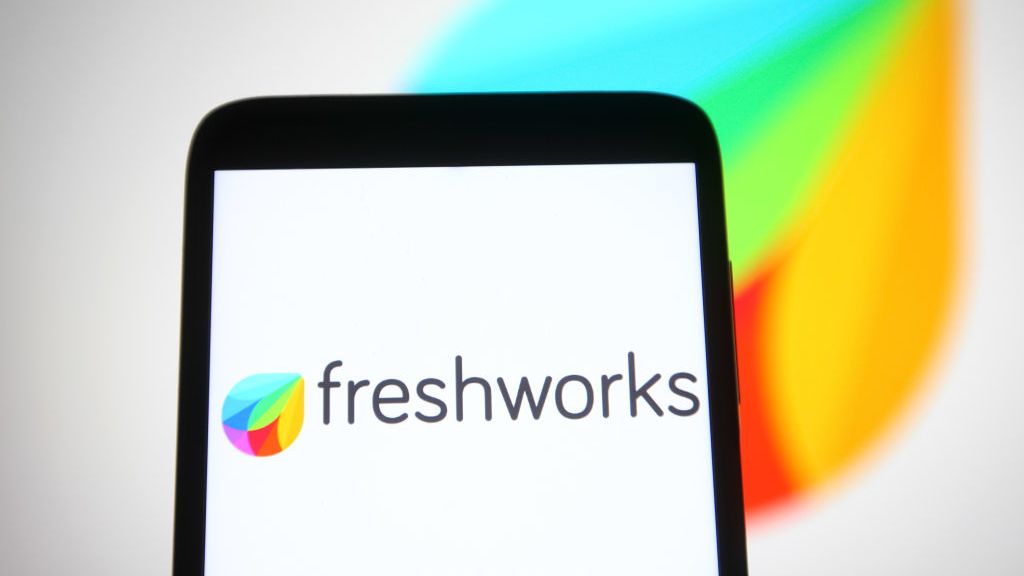 Freshworks expands unified customer record architecture with Freshchat
Freshworks expands unified customer record architecture with FreshchatNews AI-driven chat bot provides complete customer context across support, sales, and marketing teams
By Daniel Todd Published
-
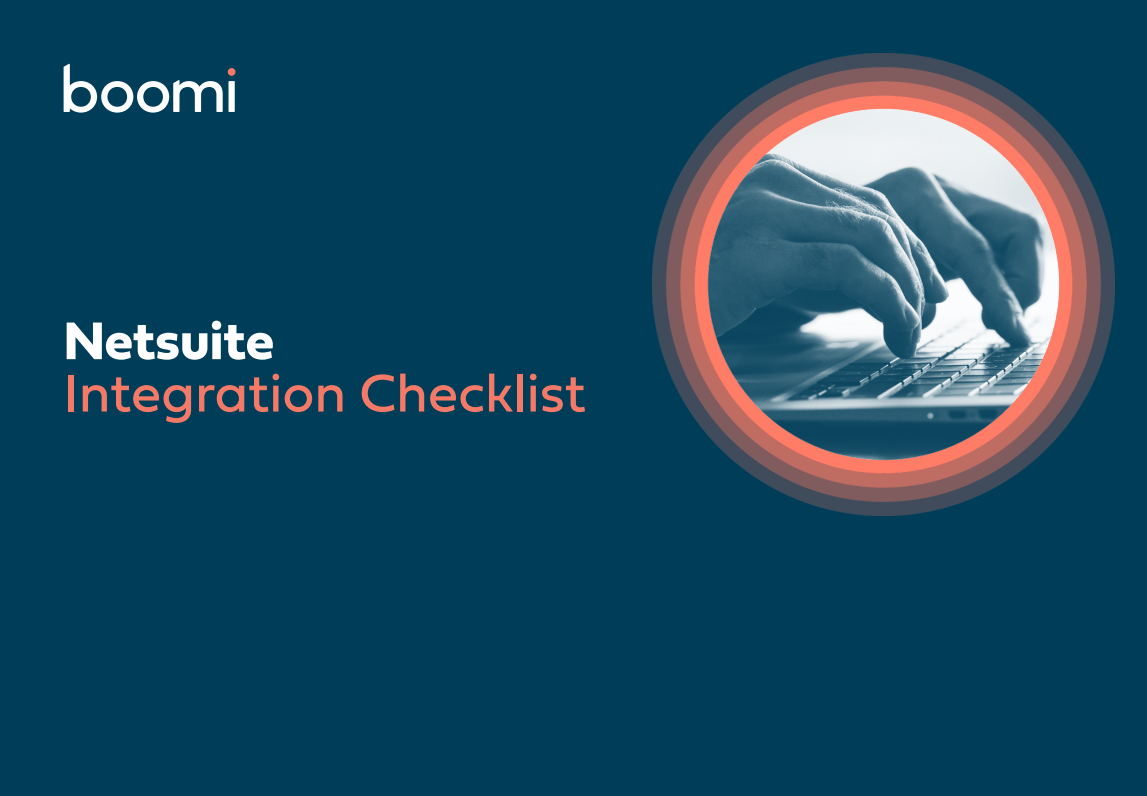 Netsuite integration checklist
Netsuite integration checklistWhitepaper Understand your integration needs
By ITPro Published
-
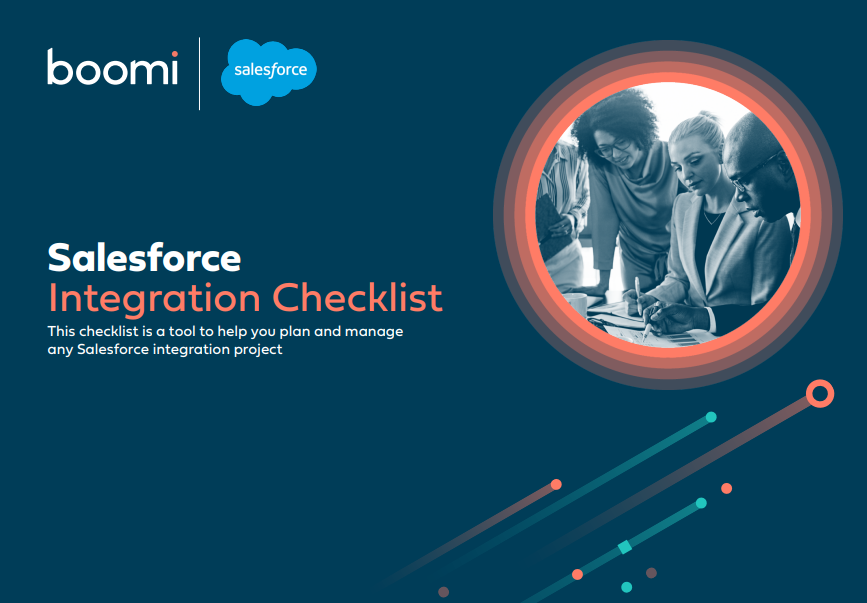 Salesforce integration checklist
Salesforce integration checklistWhitepaper A tool to help you plan and manage any Salesforce integration project
By ITPro Published
-
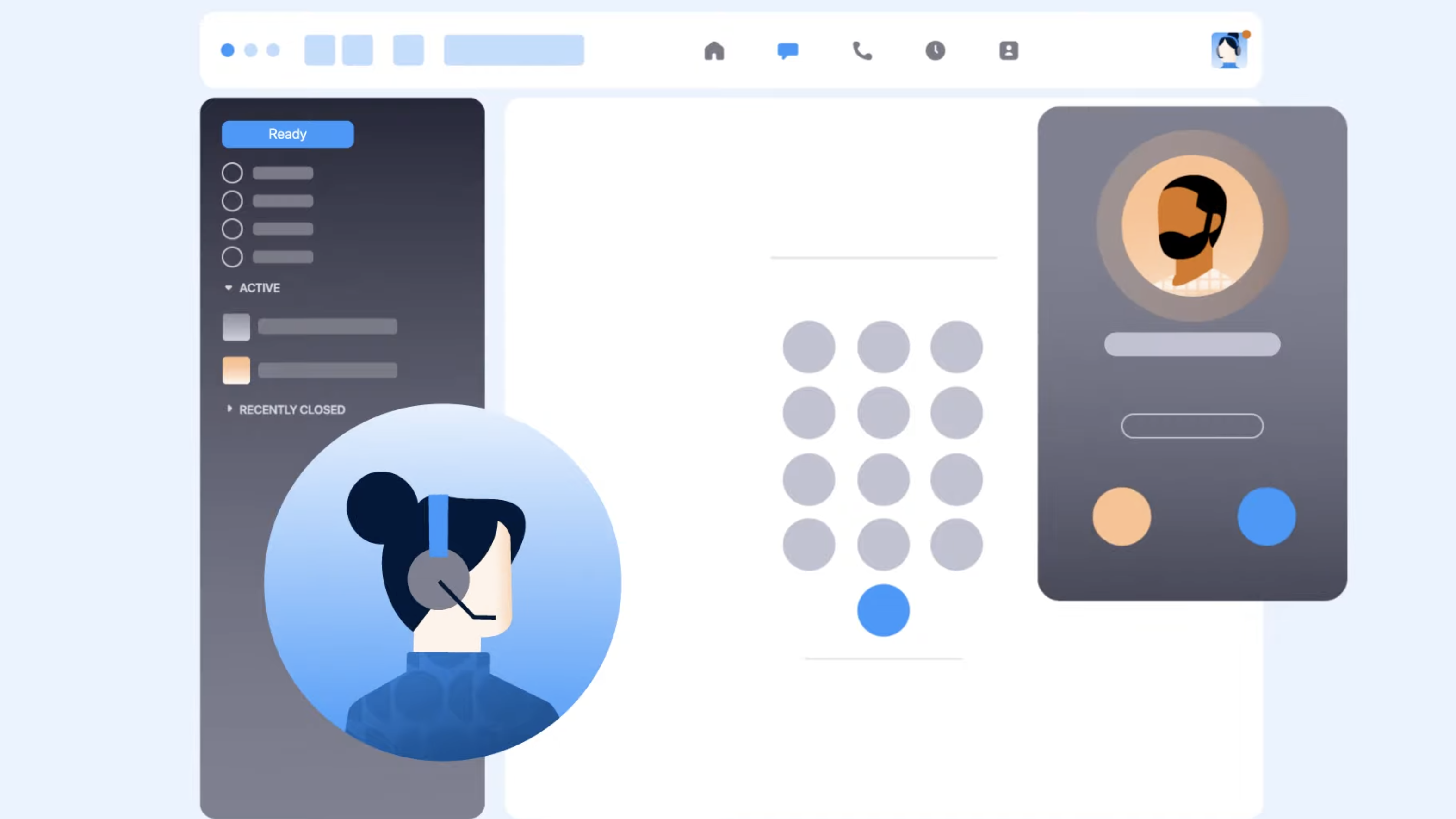 Zoom now offers a video-optimized contact center service
Zoom now offers a video-optimized contact center serviceNews The capability is currently available to Zoom users in the US and California
By Praharsha Anand Published
-
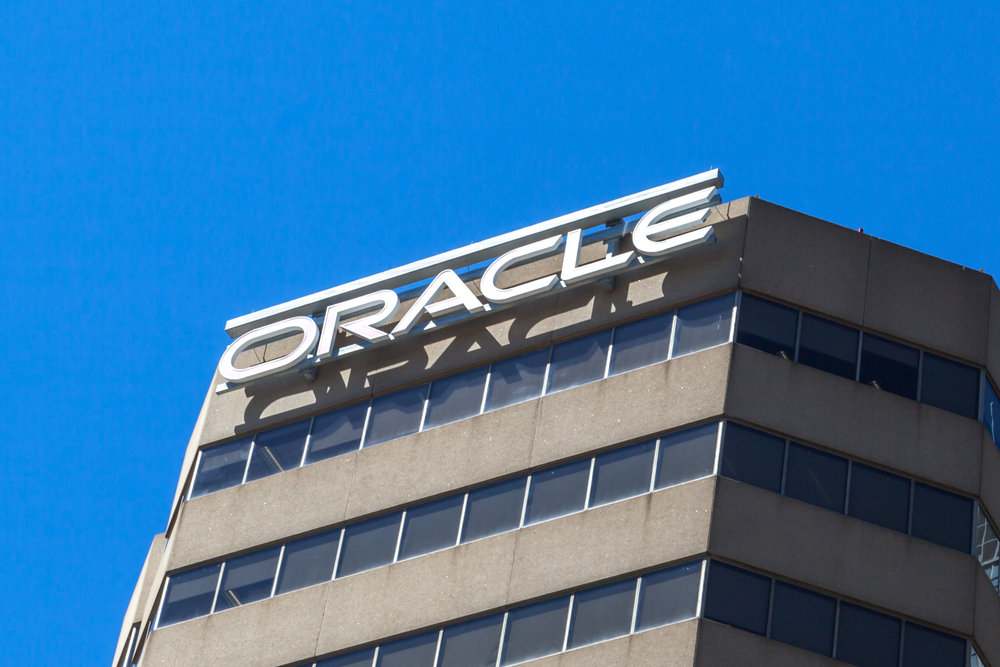 Oracle Fusion Marketing automates lead generation
Oracle Fusion Marketing automates lead generationNews The AI-powered platform automates campaign configuration across touchpoints
By Praharsha Anand Published
-
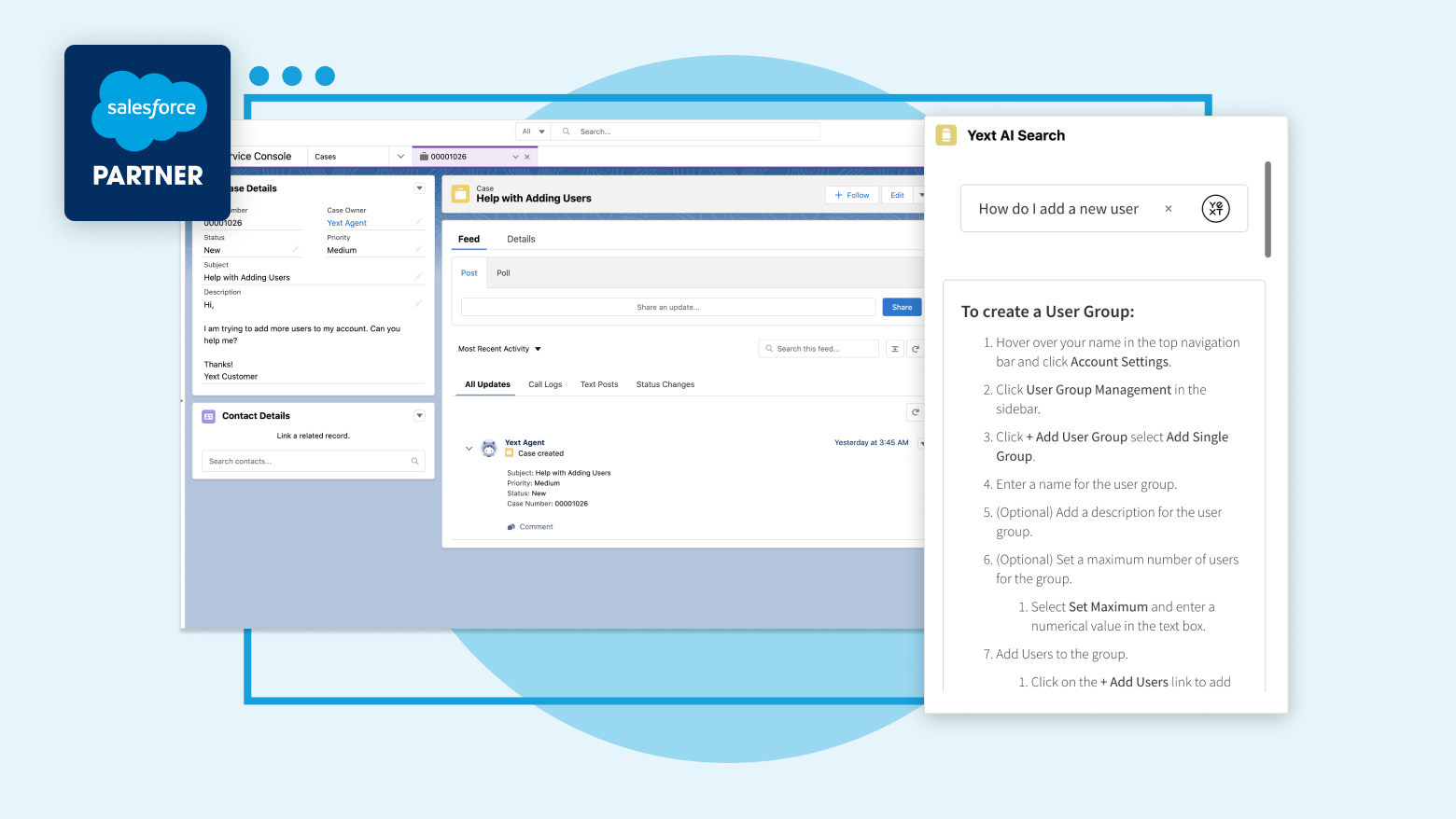 Yext’s AI Search solution now available on Salesforce AppExchange
Yext’s AI Search solution now available on Salesforce AppExchangeNews Yext AI adds natural language search support across Salesforce Service Cloud
By Praharsha Anand Published